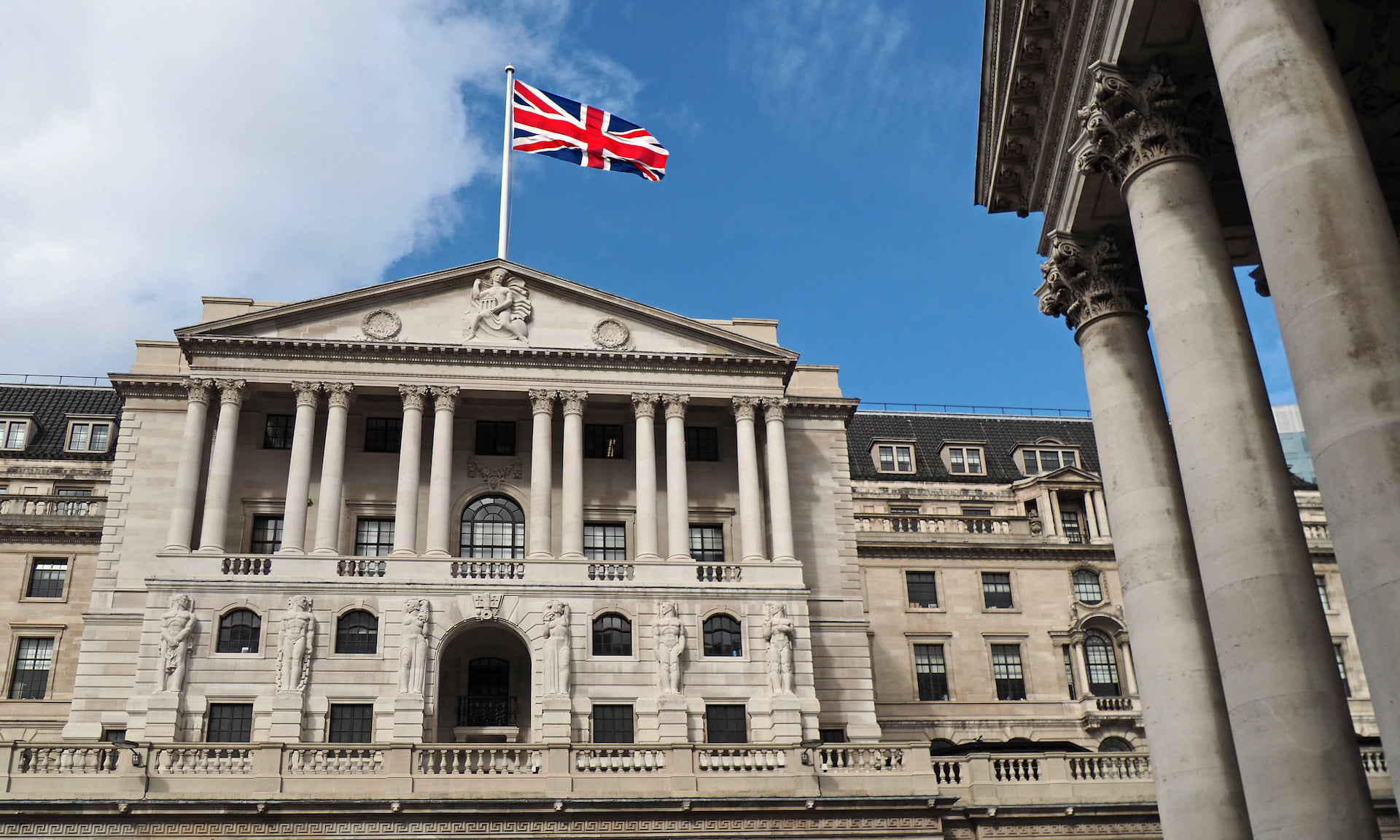
The Bank of England has today increased the base rate from 0.1% to 0.25% in response to soaring inflation.
The base rate, which affects the costs of mortgages and the amount of interest paid on savings, had been at an historic low since the start of the Covid-19 pandemic in March 2020.
Here, Which? explain what the base rate rise means for your personal finances.
Bank of England hikes base rate to 0.25%
The Bank of England’s Monetary Policy Committee (MPC) has voted by a majority of 8-1 to increase the base rate by 0.15 percentage points.
The MPC made the decision in response to CPI inflation rising to 5.1% earlier this week, a figure well above the Bank’s target of 2%.
The MPC meets eight times a year to set the base rate, and the results of the next meeting will be published on 3 February.
Why does the base rate matter?
When the Bank of England lends money to commercial banks, the amount of interest they must pay back is determined by the base rate.
A higher base rate means lenders are charged more – and these higher costs are usually passed on to customers in the form of interest rate rises.
Theoretically, a higher base rate should mean mortgages get more expensive and that savings accounts pay more interest on your money, but that isn’t always the case.
How will the base rate rise affect your mortgage?
Fixed-rate mortgages
The vast majority of homeowners have a fixed-rate mortgage, which means the rate stays the same for a set period – usually two or five years.
If you’ve got a fixed-rate deal, you won’t be immediately affected by the base rate change and will instead continue to pay the same amount until the end of your fixed term.
When you come to remortgage, however, you might find that deals have become more expensive.
Tracker, discount and standard variable rate mortgages
Tracker mortgages follow the base rate plus a set margin, for example the base rate plus 1%. If you’re on this type of deal, your rate will go up by 0.15% straight away.
Discount mortgages work slightly differently. They provide a discount on your lender’s standard variable rate (SVR) – e.g. the SVR minus 1%.
Repayments on discount mortgages won’t go up automatically due to the base rate rise, but there’s a good chance your lender will increase it’s SVR by some or all of the rise in the coming days or weeks.
If you’re on your lender’s SVR, which may the case if your fixed term has come to an end and you haven’t remortgaged, you’ll also see your bills rise if your lender hikes its SVR.
What will the rise mean for mortgage rates?
Mortgage rates have been very cheap this year, with lenders battling to secure custom from borrowers with big deposits.
At one stage, more than 100 sub-1% mortgages were available, but in the last few weeks these have disappeared amid rumours that the base rate was set to rise.
There have been clear signs that lenders have been preparing for a base rate rise, so its unlikely that we’ll see the cost of mortgages soar in response to today’s announcement.
Despite rates increasing slightly, it’s still a great time to fix your mortgage and secure a good deal, regardless of the size of your deposit.
What does the base rate rise mean for savings accounts?
It’s been a tough market for savers in the last few years, with rates on instant access and fixed-term accounts hitting rock bottom.
Unfortunately, there’s no guarantee today’s announcement will offer an immediate boost.
That’s because while most mortgage lenders waste no time increasing their SVRs, banks tend to be much slower increasing interest rates on savings accounts – so it’s highly unlikely we’ll see rates shoot up overnight by 0.15%, or anything approaching that level.
If you’re thinking of opening a new account, the best advice is to wait before locking up your money.
Instead, keep an eye on what happens in the market over the next few weeks to see if banks begin to offer more tempting deals.



